Thought is not a gift to man but a laborious, precarious and volatile acquisition
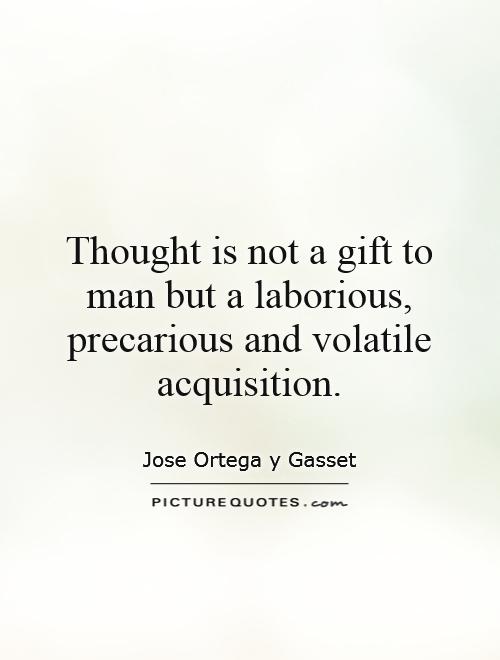
Thought is not a gift to man but a laborious, precarious and volatile acquisition
In his seminal work "Meditations on Quixote," Spanish philosopher José Ortega y Gasset explores the nature of thought and its role in shaping human existence. One of the central themes of his philosophy is the idea that thought is not a gift bestowed upon humanity, but rather a laborious, precarious, and volatile acquisition that must be constantly cultivated and refined.Ortega y Gasset argues that human beings are not born with the ability to think critically and reflectively. Instead, he posits that thought is something that must be actively developed through education, experience, and introspection. This process of acquiring thought is fraught with challenges and uncertainties, as individuals must navigate a complex web of ideas, beliefs, and perspectives in order to arrive at a coherent understanding of the world.
Furthermore, Ortega y Gasset suggests that thought is inherently volatile and subject to change. He contends that human beings are constantly in a state of flux, as new experiences and information challenge and reshape our existing beliefs and assumptions. This constant process of revision and reevaluation is essential for the development of a mature and nuanced understanding of the world.

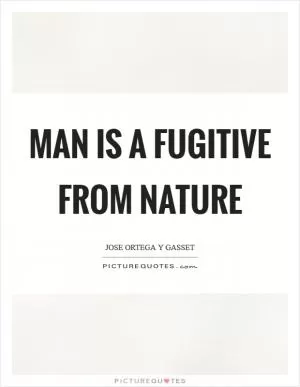
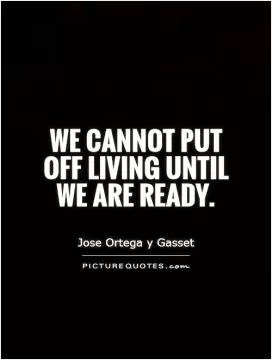
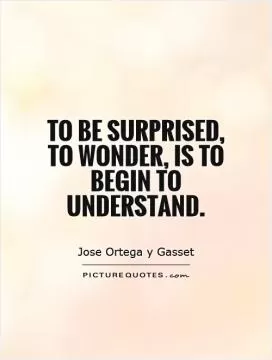
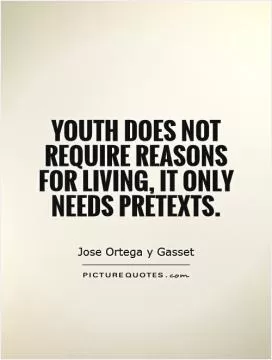


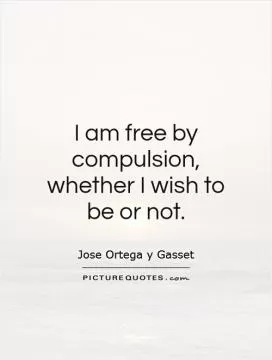
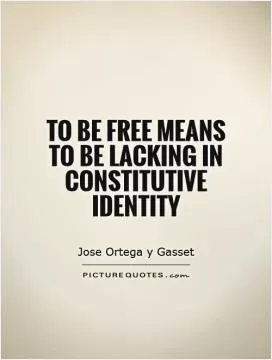
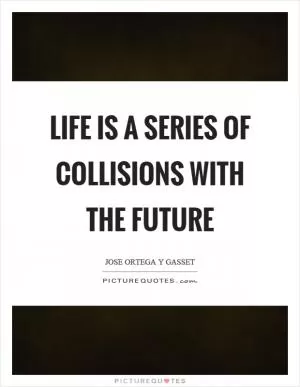
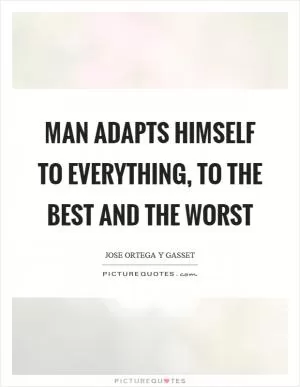
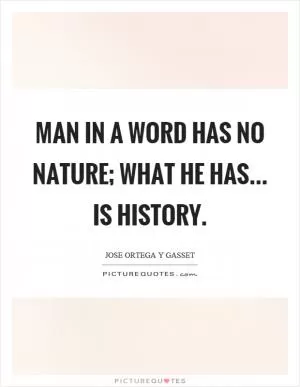
 Friendship Quotes
Friendship Quotes Love Quotes
Love Quotes Life Quotes
Life Quotes Funny Quotes
Funny Quotes Motivational Quotes
Motivational Quotes Inspirational Quotes
Inspirational Quotes